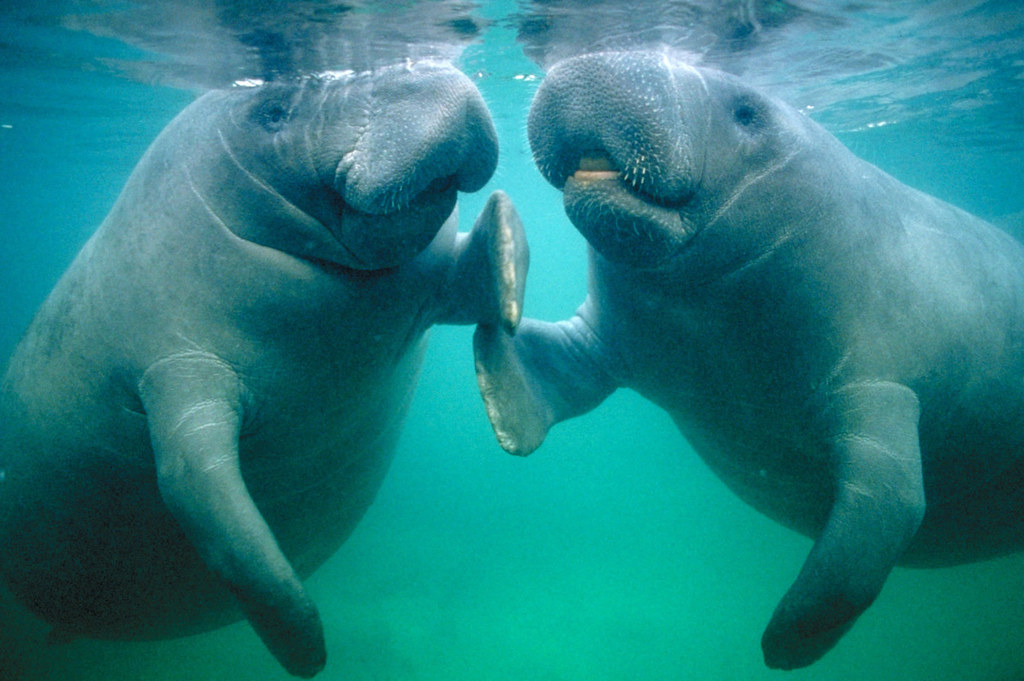Science News Roundup: Rescued manatee released in natural Florida habitat after flying over 1,000 miles; Gluttonous cosmic 'black widow' is heaviest-known neutron star and more
The brown-and-green frog known as lithobates catesbeianus that can weigh over 2 pounds (0.9 kilos), had the greatest impact in Europe, according to research published in Scientific Reports. Reinfection, severe outcome more common with BA.5 variant; virus spike protein toxic to heart cells The following is a summary of some recent studies on COVID-19.

Following is a summary of current science news briefs.
Gluttonous cosmic 'black widow' is heaviest-known neutron star
Astronomers have observed the most massive known example of an object called a neutron star, one classified as a "black widow" that got particularly hefty by gobbling up most of the mass of a stellar companion trapped in an unhappy cosmic marriage. The researchers said the neutron star, wildly spinning at 707 times per second, has a mass about 2.35 times greater than that of our sun, putting it perhaps at the maximum possible mass for such objects before they would collapse to form a black hole.
Rescued manatee released in natural Florida habitat after flying over 1,000 miles
A large manatee made its way back home on Wednesday after months of rehabilitation and an over 1,000-mile flight from Texas to its natural habitat in Florida. Rescuers say the manatee was rescued in January in Texas and spent nearly seven months recuperating from severe injuries at the SeaWorld marine mammal park in San Antonio.
Invasive frog and snake species cost world economy $16 billion, study shows
Two invasive species, the American bullfrog and the brown tree snake, cost the world an estimated $16 billion between 1986 and 2020 by causing problems ranging from crop damage to power outages, according to a study published on Thursday. The brown-and-green frog known as lithobates catesbeianus that can weigh over 2 pounds (0.9 kilos), had the greatest impact in Europe, according to research published in Scientific Reports.
Reinfection, severe outcome more common with BA.5 variant; virus spike protein toxic to heart cells
The following is a summary of some recent studies on COVID-19. They include research that warrants further study to corroborate the findings and that has yet to be certified by peer review. Reinfections, severe outcomes may be more common with BA.5
(With inputs from agencies.)
- READ MORE ON:
- San Antonio
- American
- Europe
- Texas
- Florida
- Scientific Reports
ALSO READ
Urgent Action Needed as Child TB Infections Surge in Europe: WHO
TXT's European Tour & Notable Entertainment Headlines
Europe Boosts Preparedness with New Strategy
European Shares Dip: Healthcare Drags Markets Amid Tariff Tensions
President Trump cites India as example in executive order on overhauling American election system










